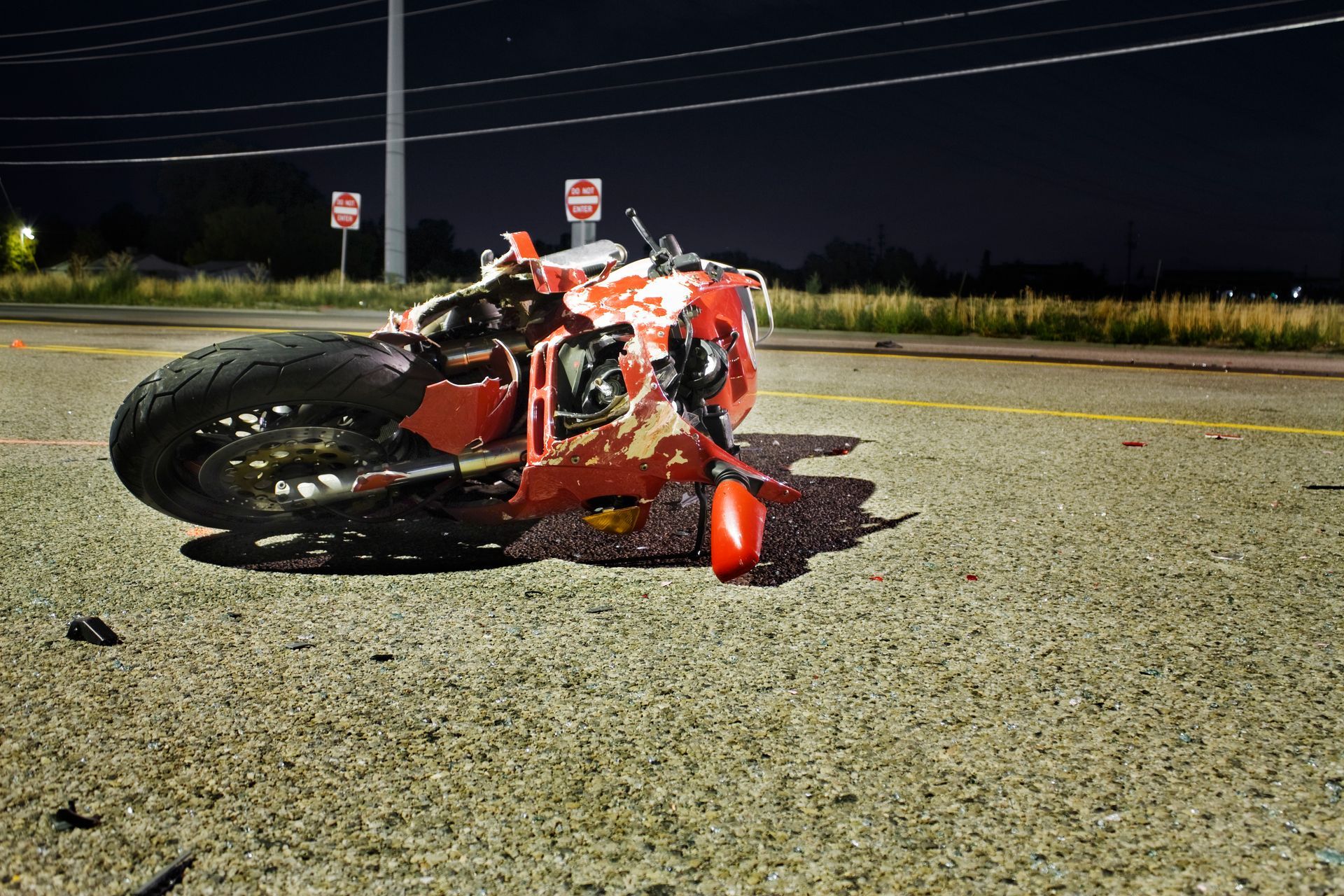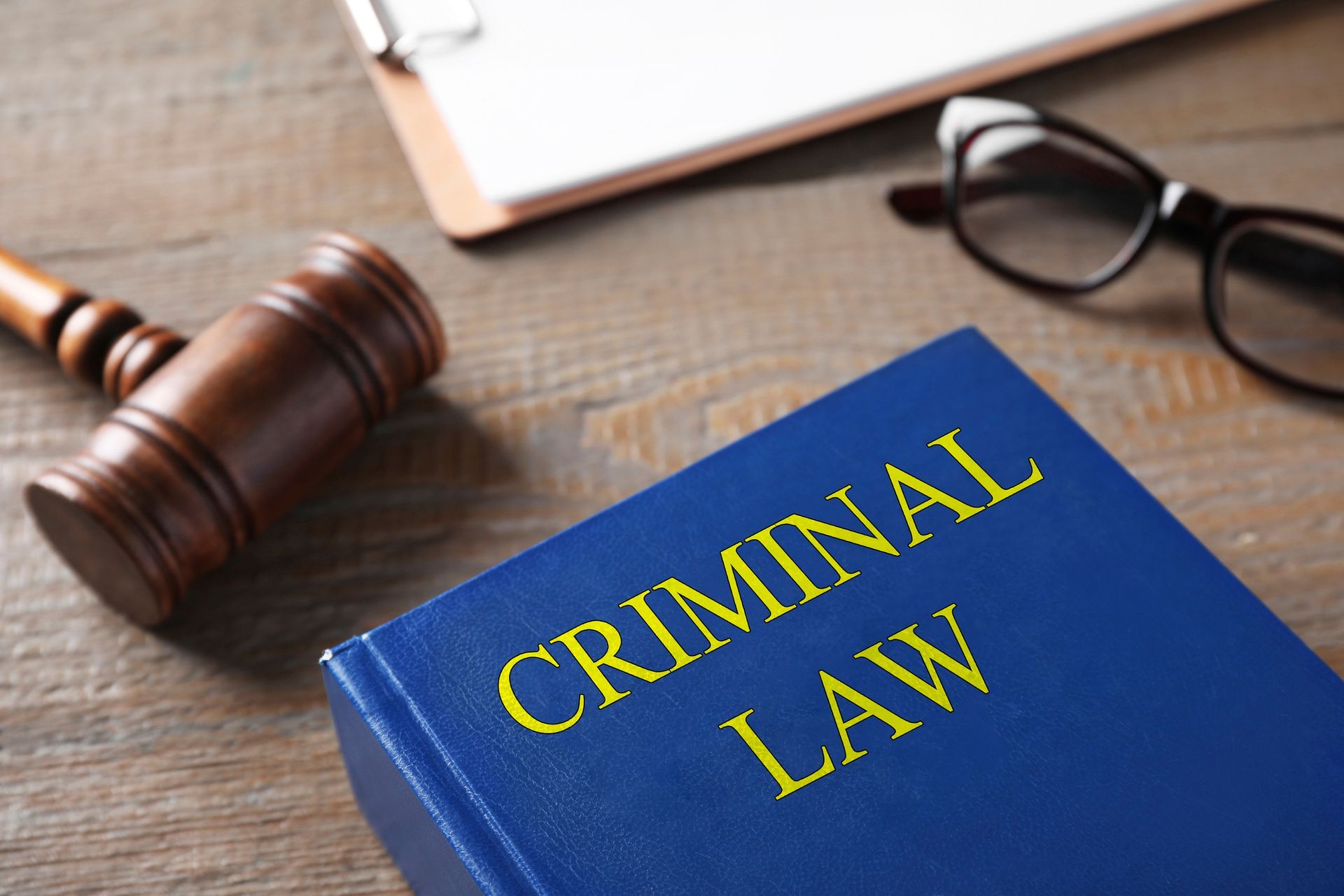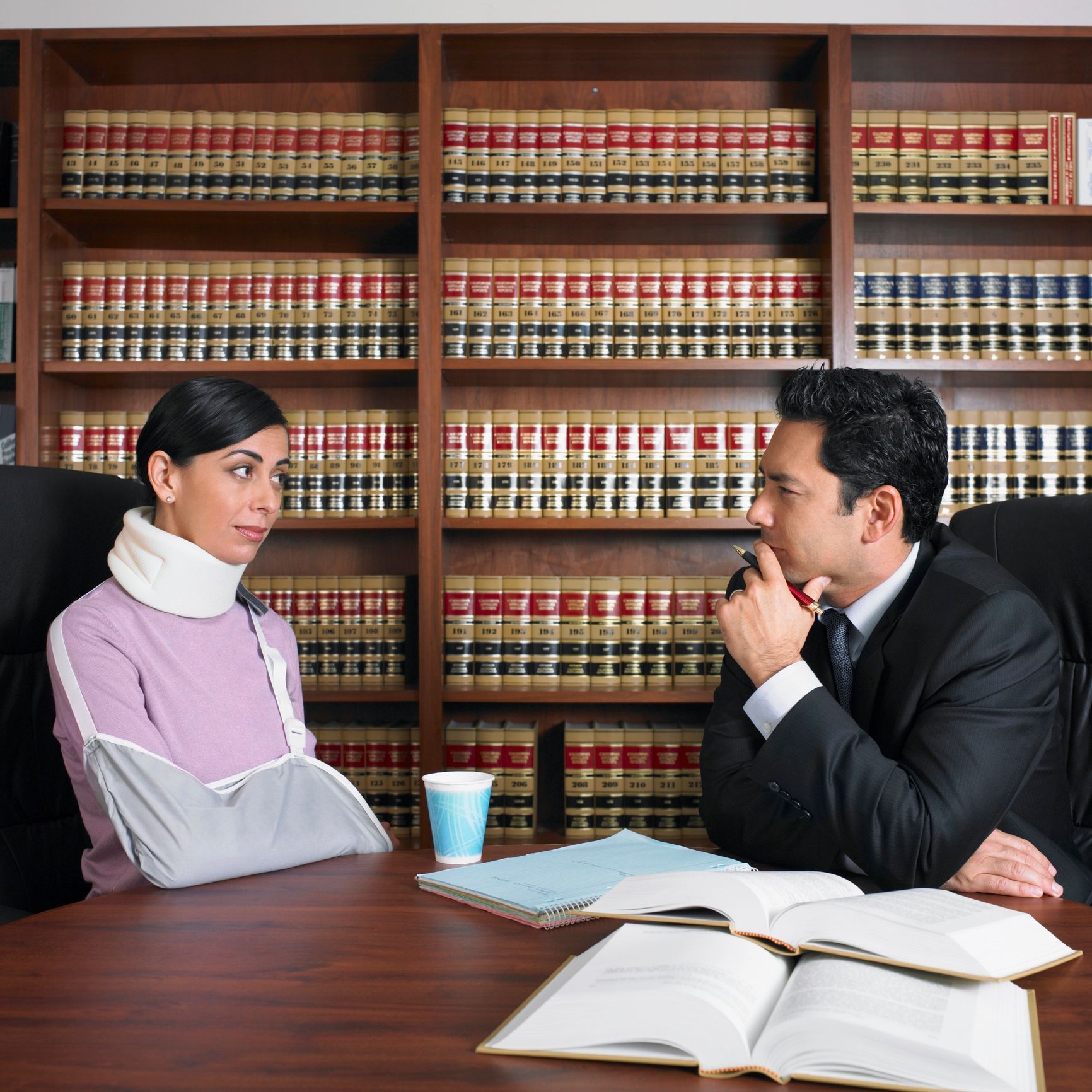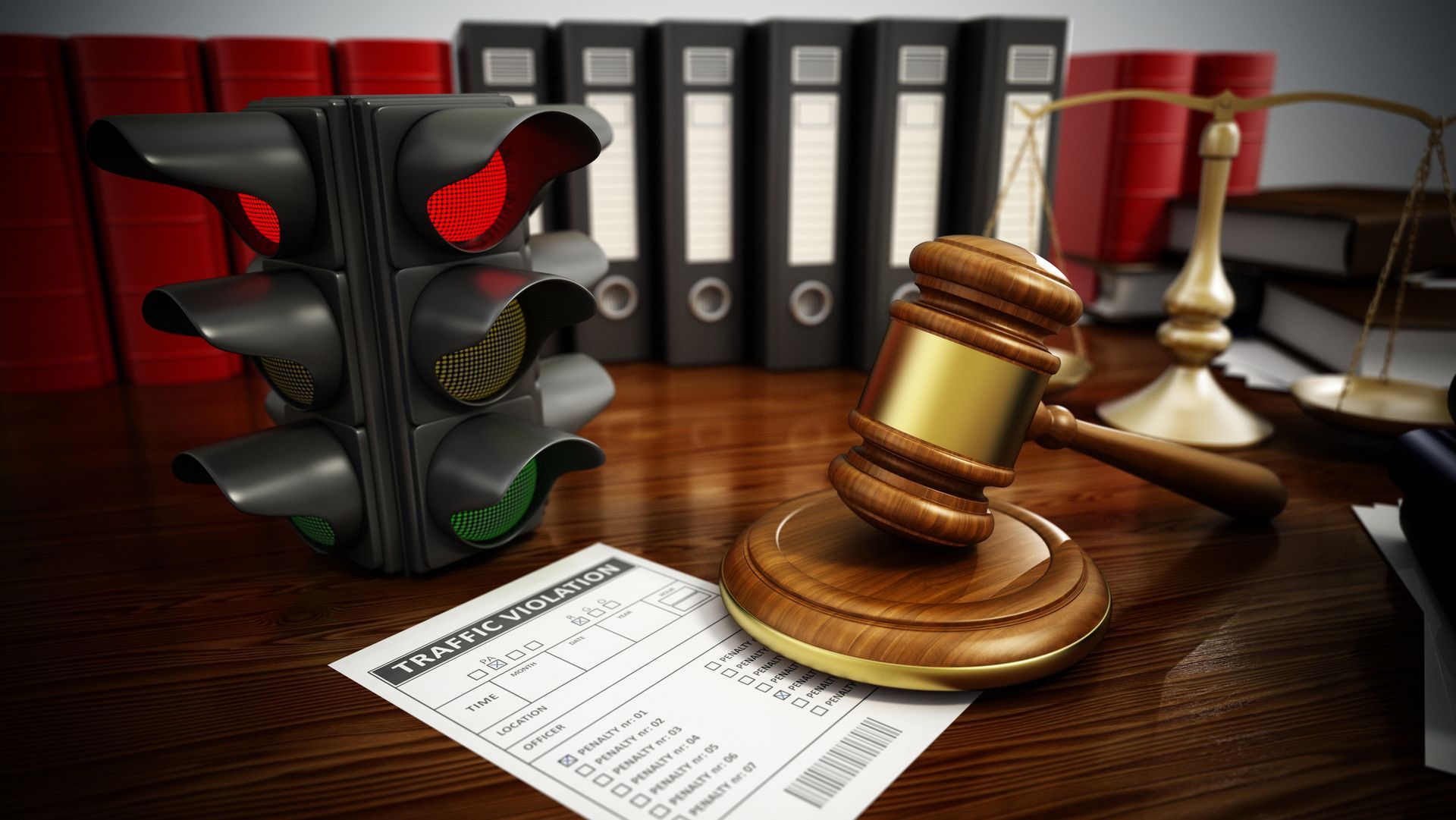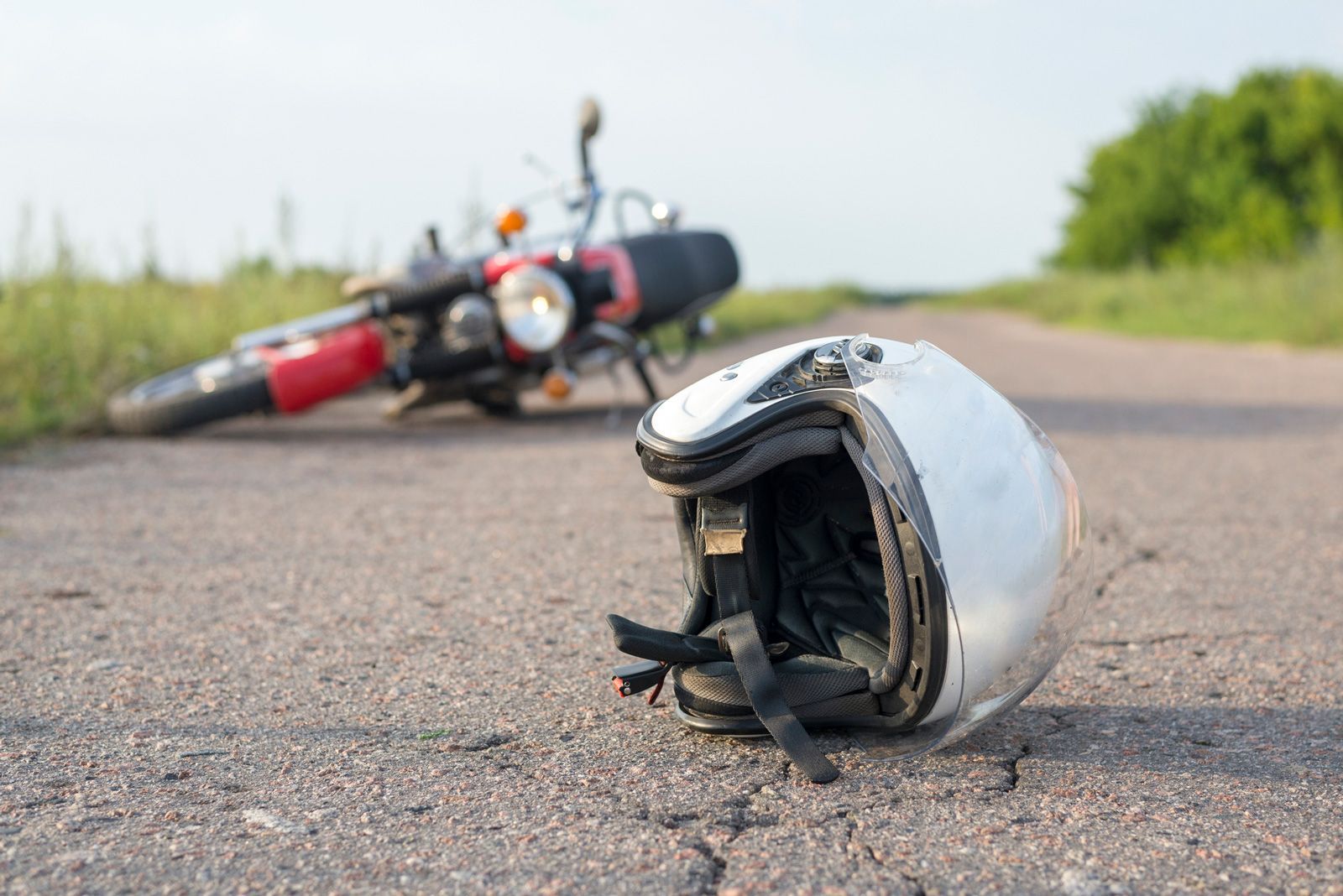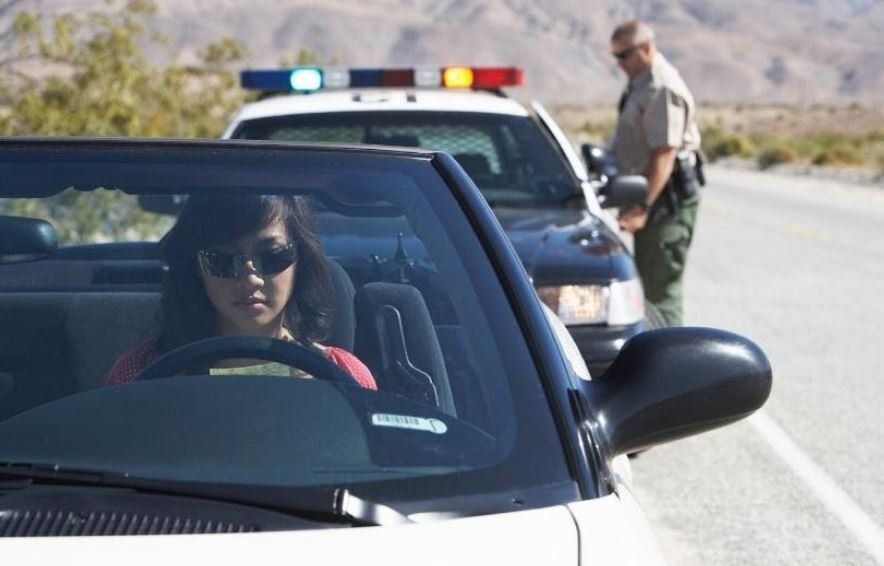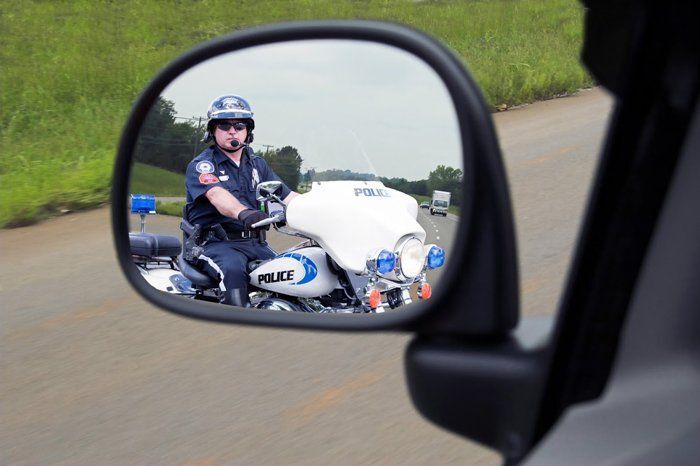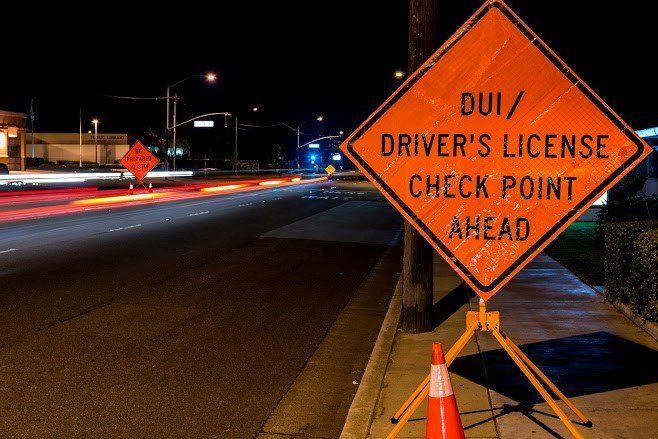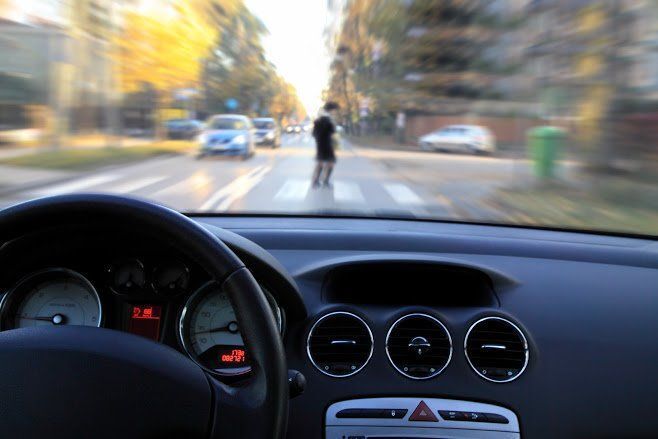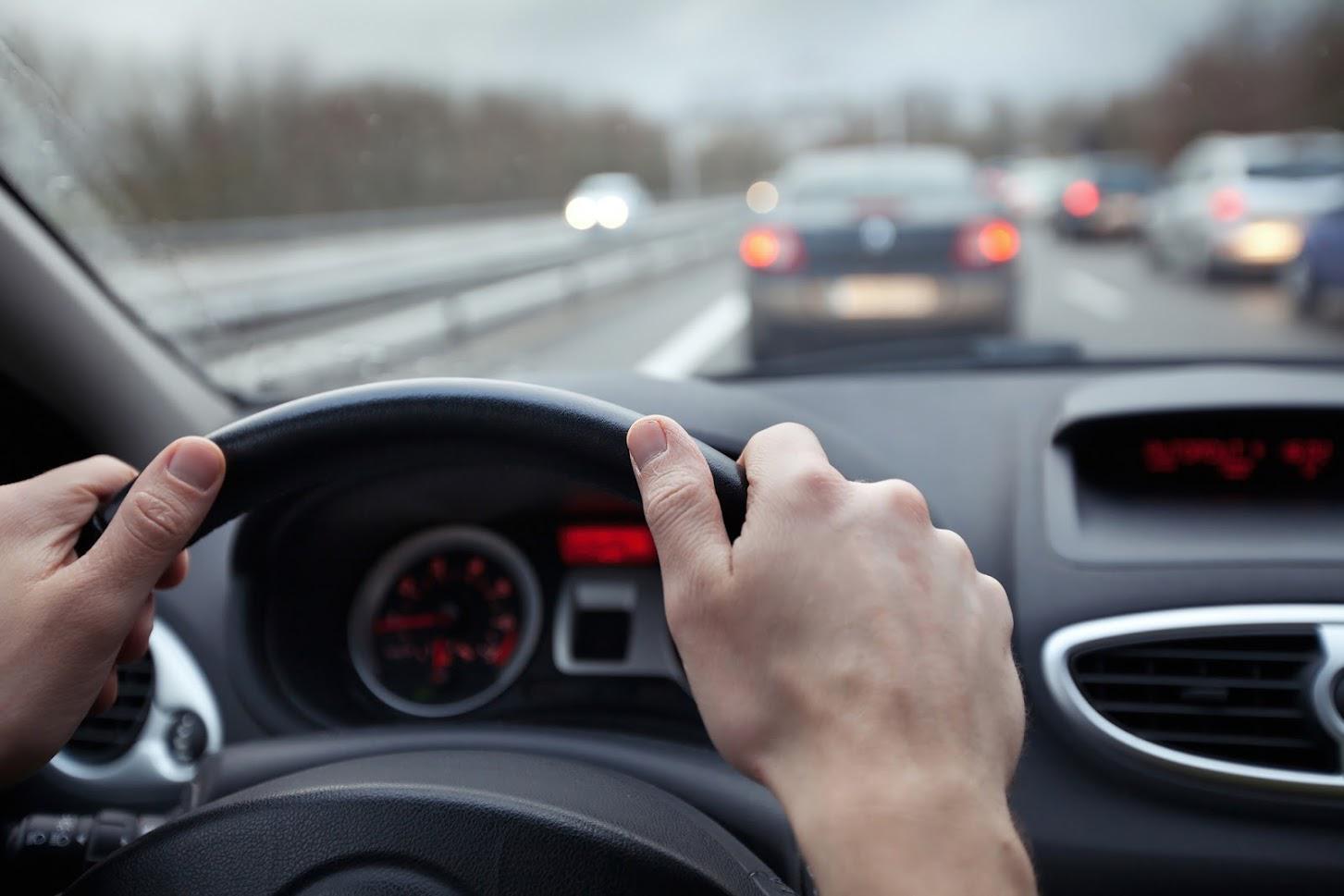
As a driver, you are responsible for knowing the different traffic laws in the state you drive in. Some states have stricter traffic laws than others and have heavier fines when you break them. If you live in Virginia or drive through the state on a regular basis, you should be aware that the traffic laws in this state are stricter than others.
Discover three traffic laws in Virginia you should know about.
1. Speed Limits
The maximum speed limit on rural interstates and freeways in Virginia is 70 mph. The maximum speed limit on urban interstates and freeways is 65 mph. Other maximum speed limits include:
- Other highways: 55 mph
- Highways within city limits: 35 mph
- Highways without a surface: 35 mph
- Business and residential districts: 25 mph
The maximum speed limits in school zones are as posted. The maximum speed limit for large vehicles, such as trucks, tractors, and house trailers is 45 mph. When a driver is caught speeding for the first time in Virginia, they must pay a fine of $8 for every mile over the speed limit. They will also need to pay a $51 processing fee.
If the driver gets caught speeding in a residential zone, the fee is $200. Violators may also face jail time and have their driver's license suspended. Drivers in Virginia can also be fined for driving too slow. The speed is considered too slow when the driver obstructs the normal flow of traffic.
2. Reckless Driving
Reckless driving is defined as the willful disregard for safety when operating a motor vehicle. Drivers who drive recklessly also have a disregard for the consequences. In Virginia, reckless driving is a serious criminal offense. In fact, reckless driving is a class 1 misdemeanor.
Any time a driver in Virginia exceeds the speed limit by 20 mph, this is considered reckless driving. It is also considered reckless driving whenever the driver exceeds 80 mph. Drivers charged for the first time with reckless driving can get fined up to $2,500. They may also spend 12 months in jail and have their license suspended for six months.
3. Driving Without a License
Driving without a license in Virginia is considered a class 2 misdemeanor. Drivers caught driving without a license in Virginia can get fined up to $1,000. Drivers might also spend up to six months in jail.
For drivers caught driving without a license a second time, the violation becomes a class 1 misdemeanor. Drivers could also get up to one year in jail and pay a fine of up to $2,500. They also risk their vehicle getting impounded. Those who don't have their license with them while driving can get fined $10.
Other laws in Virginia pertaining to driver's licenses include:
- Driving with a suspended or revoked license: This is a class 1 misdemeanor, and the vehicle gets impounded for 30 days.
- Driving with a license revoked for DWI: This is a class 1 misdemeanor, and the vehicle gets impounded up to 120 days with no chance of getting a restricted license.
The fines and jail time increase with each repeat offense of driving without a license or driving with a suspended license. In the instance the license is revoked for DWI, a third offense is a class 6 felony. The driver could get up to five years in prison and pay a $2,500 fine.
If you are charged with any of the above traffic violations while driving in Virginia and want to fight these charges, you will need the expertise of a traffic violation lawyer. Contact Tolbert & Tolbert, LLP, to see how we can help.

